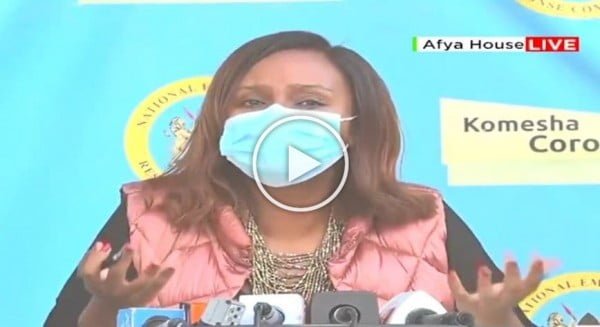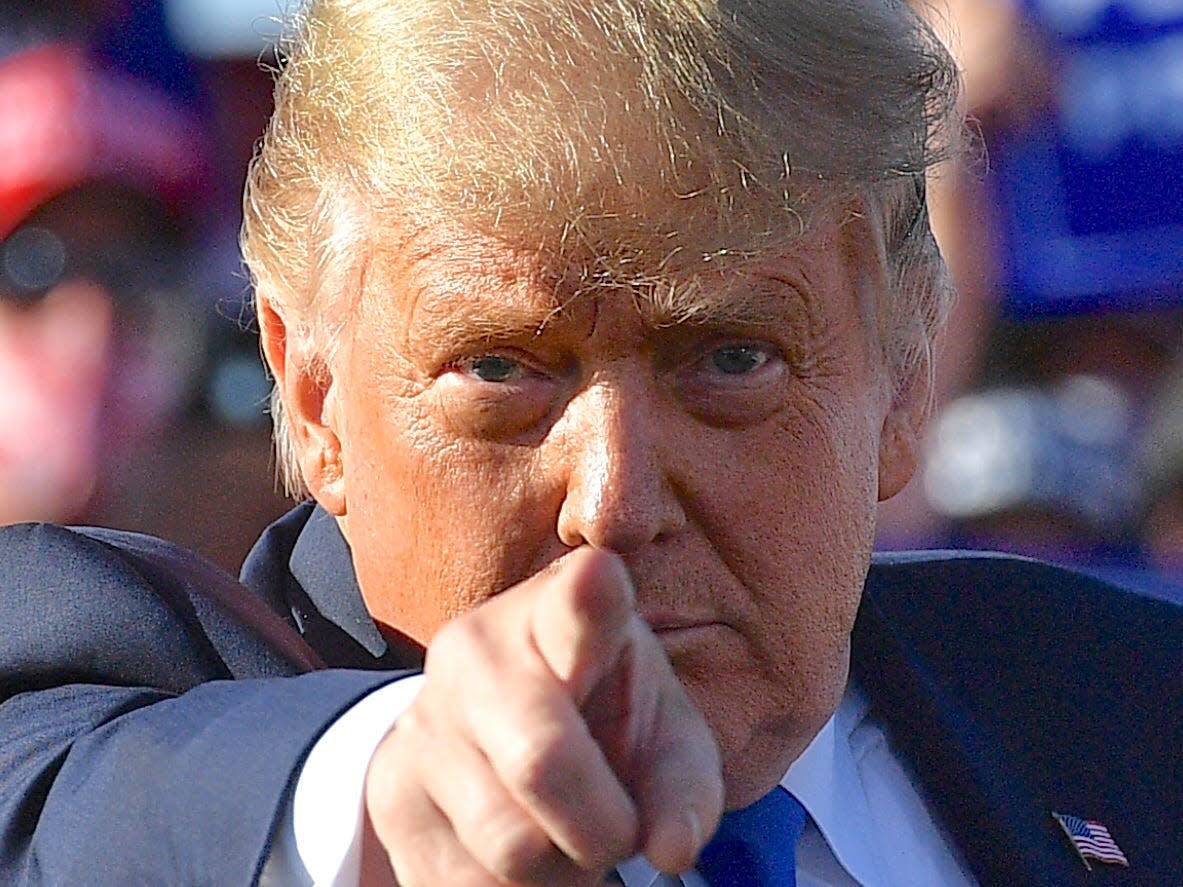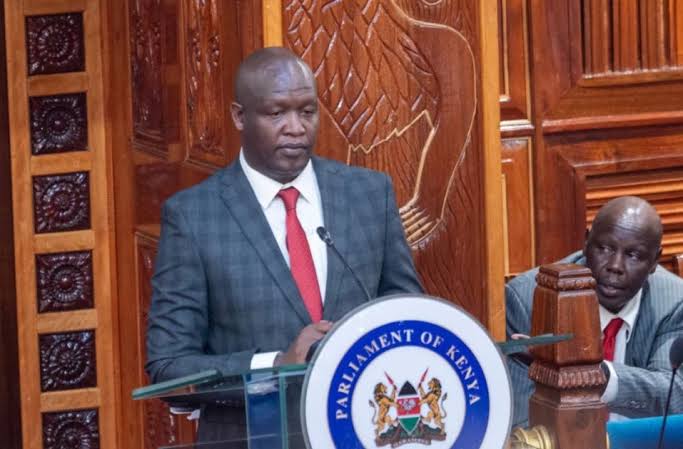As the country’s already precarious economy continues to be systematically drained by actors exploiting both regulatory gaps and the public’s trust, certain corporate operations have emerged that reveal a meticulously orchestrated network of tax evasion and economic manipulation, a level of misconduct that far surpasses ordinary business malfeasance and directly undermines the nation’s fiscal stability.

At the center of this intricate web of deceit is Oki General Trading Kenya Limited, whose operations under the direction of Deepak Rajoriya have been implicated in schemes that siphon millions from the public coffers while exploiting legal loopholes and corporate structures to evade accountability.
“From what we have seen on the ground, this is not a one-off error or mismanagement. It is a deliberate strategy to move money out of the country while keeping the authorities off balance,” a senior insider familiar with Oki’s Kenyan operations revealed.
The firm, a global procurement and supply services company headquartered in Dubai, has long positioned itself as a service-oriented firm, providing comprehensive procurement and logistics solutions across continents, from foodstuffs and electronics to automobiles and relief supplies in conflict zones.
Its operational footprint spans the Middle East, Africa, and Asia, and it boasts partnerships with manufacturers, shipping lines, and brand distributors worldwide.
However, behind the polished image of international logistics and strategic procurement lies a disturbing reality within its Kenyan operations, where the company has been implicated in deliberate schemes designed to subvert the tax system for private enrichment.
Recent interventions by the Kenya Revenue Authority (KRA) unveiled a multi-million-dollar tax evasion scheme orchestrated through Oki General Trading and an interlinked network of shell companies, exposing an operation that is both sophisticated and unapologetically brazen.
Central to the scandal was the illegal importation of perfumes valued at over USD 300,000, cleared with a paltry duty of KSh 2 million, an amount so disproportionately low that it reveals intentional and calculated evasion rather than mere administrative oversight.
The structural manipulation of corporate entities exemplifies the depth of planning behind these operations.
The initial import documentation was filed under Satnam Limited, a dormant entity overwhelmed by outstanding tax obligations, only for the transaction to be almost immediately shifted to Satnam Kenya Investment Limited, thereby concealing the fraud and erasing accountability.
“They have perfected a constant rotation of dormant companies so that nobody can pin down liabilities or track the money,” one insider explained, describing the systematic nature of Rajoriya and Badlani’s corporate maneuvering.
This so-called “shell shuffle” exemplifies the defining characteristic of Rajoriya’s operational strategy, a pattern in which concealment is combined with meticulous document manipulation and a relentless effort to evade regulatory enforcement, forming a seamless process that allows fraudulent operations to continue largely undetected.
Compounding this flagrant disregard for the law is the involvement of Karan Badlani, a director associated with Satnam Limited, who resided in Kenya for over two and a half years without a valid visa, yet continued to conduct business operations unfettered, seemingly under the shield of governmental inaction.
“It was common knowledge internally that Badlani operated without proper documentation, and yet no one in the local system intervened. Everyone knew it, but the company simply kept moving forward,” said a source close to the import process.
The collaboration between Rajoriya and Badlani is structured to exploit both corporate and legal loopholes: Rajoriya orchestrates the manipulation of import documentation, while Badlani operates a network of shell companies to obscure the financial trail.
Together, they have constructed a formidable apparatus that siphons wealth from Kenya while imposing the costs of these operations on ordinary taxpayers.
The economic consequences of these actions are immediate and tangible.
Every fraudulent consignment cleared under their control represents revenue subtracted from public coffers, depriving hospitals of funding, diverting resources from schools, and denying critical investment in infrastructure, while simultaneously financing the luxurious lifestyles of those who operate with impunity.
“The amount of wealth they extract from these transactions is staggering. Offices in Nairobi were buzzing about personal expenses being paid straight from profits that should have gone to taxes,” an anonymous insider disclosed.
The impact of this deliberate subversion reaches far beyond individual transactions, eroding public trust, undermining the rule of law, and weakening the fiscal foundation upon which national development depends.
Kenya cannot continue to tolerate such audacious exploitation.
This is not a minor infraction but a systematic and premeditated form of economic theft.
KRA is compelled to respond decisively, instituting punitive measures that go far beyond superficial enforcement, prosecuting Oki General Trading, Deepak Rajoriya, Karan Badlani, and all affiliated entities for fraud, forgery, and economic sabotage, while simultaneously invoking asset seizures, blacklisting, and permanent exclusion from conducting business in the country.
The operations of Rajoriya, Badlani, and Oki General Trading embody the starkest form of corporate malfeasance, and the era of unchecked fiscal predation must conclude with full accountability.
The country’s public resources are not available for diversion by calculated profiteers, and the nation’s institutions must send a resolute message that deliberate economic exploitation, even when cloaked in the appearance of legitimate global trade, will be met with uncompromising enforcement and will not be tolerated under any circumstances.
We will continue to monitor these operations closely, exposing every attempt to manipulate the system, document every instance of evasion, and hold accountable those who seek to profit from the nation’s vulnerability, leaving no room for concealment or impunity in the pursuit of justice and fiscal integrity.











































